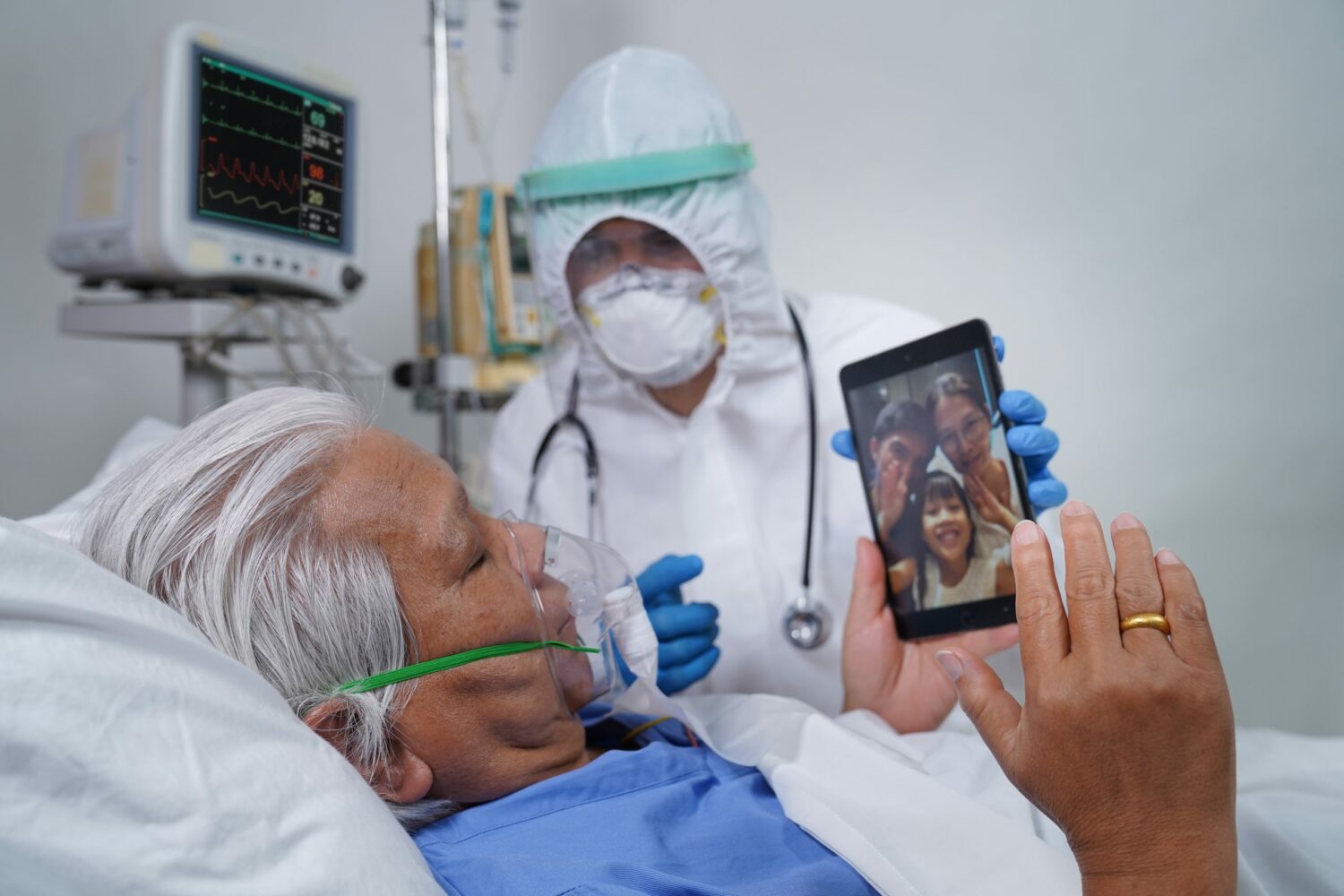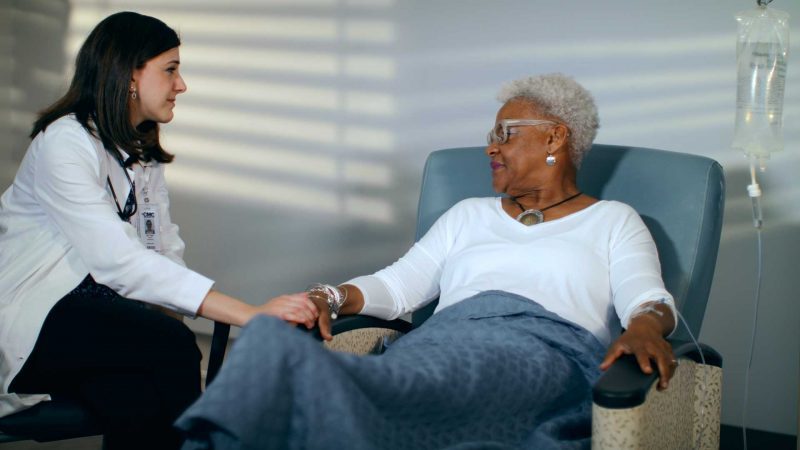Providing Serious Illness Care in a COVID world
The residents of Horry County have long depended on Conway Medical Center to provide expert medical care during their sickest and most vulnerable moments. The CMC Serious Illness Care team has always taken that responsibility very seriously as they aid their patients with chronic life-limiting illnesses and debilitating conditions.
But the year 2020 brought with it a new group of patients and a host of new challenges for Dr. Amanda Vuppala and Barbara Harter, RN. This dynamic duo is providing insight on what Serious Illness Care is, how it differs from hospice, and how they had to adapt to the difficulties presented to them during the COVID-19 pandemic.
What is Serious Illness Care?
The Serious Illness Care team at CMC helps patients and their families navigate serious illnesses. It has a compassionate and comforting focus centered around education and providing the tools to control the physical and mental symptoms of serious or life-limiting illnesses.
“We see patients with a variety of health problems,” said Dr. Vuppala. “Heart failure, cancers, COPD, diabetes, strokes and dementia just to name a few. We can see them from the time they are diagnosed throughout the entire course of their illness. We may also see those with chronic illnesses who come in for emergencies such as hip fractures.”
Educating patients and their families and providing them with the tools they need to find comfort are a big part of what this team does. “We support all of these patients by discussing their options and letting them know what to expect after their hospital stay,” explained Barbara Harter, RN. “We help create their treatment plan and establish goals. In some instances, patients may not want to continue treatment, and we help by letting them know what to expect and supporting them through that.”

Ultimately, the Serious Illness Care team at CMC provides relief but don’t get it confused with hospice.
How is it different from hospice?
Serious Illness Care can be provided to patients at any stage of their journey no matter what their prognosis is. Many patients are already receiving treatments for their existing ailment. “When these patients are admitted to the hospital for either something related to their illness or something else completely, we help them cope with their symptoms, pain, and the stress that comes from what they have going on,” said Barbara.
Hospice differs because it is most often provided at the end-stage of an incurable illness in the home of the patient. They provide care and comfort until the patient passes on. “Serious Illness Care is a good thing,” stressed Dr. Vuppala. “For patients with serious illness, it provides hope, comfort and a better quality of life for the years ahead. While some of our patients recover from their illness, we provide support, education and aid in symptom management during the difficult times in an attempt to improve their quality of life under the circumstances.”
How has COVID impacted Serious Illness Care at CMC?
Serious Illness Care is centered around helping people with serious illnesses. During the pandemic, CMC has had to adapt to the influx of inpatients suffering from the effects of COVID-19 while also caring for patients with other non-COVID-19 illnesses. At times throughout the past year, surges in COVID-19 cases pushed CMC’s Serious Illness Care team to their limits.
“We’ve had to work longer hours, but we had to,” said Barbara. “These patients need us more than ever, especially at a time where visitation is limited and for our COVID patients, no one can visit them.” Conway Medical Center changed their visitation policy to protect patients, families, and staff during the pandemic, but this prompted the Serious Illness Care team to get creative for the benefit of their patients.
“For patients dealing with serious illnesses, human interaction and having family around is a major part of their healing and recovery,” said Dr. Vuppala. “Not only that, the family also needs that interaction and to be a part of the process and understand what is going on with their loved one’s care. It’s hard doing that solely through phone calls.”

The team became creative and started using virtual methods to facilitate interactions between patients and their families. “We’ve been using FaceTime a lot,” said Barbara. “If we weren’t able to do FaceTime, we’d put the family on speaker phone. We’ve done whatever we can so that they can hear their voices and everyone can be involved. These interactions frequently resulted in positive physical responses from the patients. We’ve seen heart rates normalize and oxygen levels go up, not to mention the happiness and comfort they experienced.”
Despite having many virtual options available, the team is looking forward to the future when these won’t be the norm for patient/family interactions. “There’s nothing that can take the place of having someone with you when you are at your most vulnerable,” said Dr. Vuppala. “And for those patients who are struggling or not doing well, I feel that having their families there is medicine that we can’t provide.”
Click here to learn more about Serious Illness Care services at CMC.





